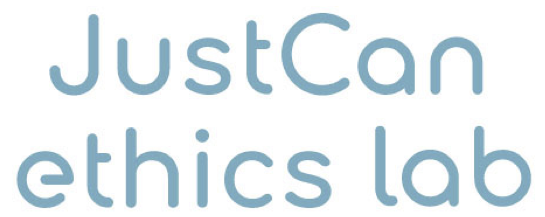
Evidence-based research to drive ethical policy and practice change.
Our program of research addresses urgent ethical issues at the forefront of complex decisions in cancer care, with specific research aims under the themes of novel therapeutics, clinical trials, and medical assistance in dying (MAiD).
Given the increased prevalence of patients living with advanced cancer, there is an urgent need to develop, and rigorously evaluate, decisional support interventions and policies that address these pressing ethical issues in a rapidly evolving healthcare landscape.
Research themes.
Novel Therapeutics
In an evolving landscape of patient engagement and person-centered care, we are incorporating patient values into drug funding and allocation decisions about innovative and costly cancer treatments.
There is a need to understand and integrate patient preferences regarding novel therapeutics to inform value-based models for equitable allocation of healthcare resources.
Clinical Trial Decision-Making
Our research focuses on the issue of low accrual in oncology clinical trials and associated ethical concerns.
It is critical that informed consent procedures for trials ensure participants’ understanding of evolving safety and efficacy data.
Patients eligible for Phase I trials are predominantly those whose disease is advanced or refractory to standard treatment; therefore, desperation may undermine their capacity to provide meaningful informed consent and subject them to unjustifiable harm.
Medical Assistance in Dying
Of the requests for medical assistance in dying (MAID), > 60% are patients with advanced cancer. Loss of autonomy is the primary reason cited (≥ 80%) for MAID requests.
Although MAID requests may be motivated by subjective experiences of existential, psychosocial, and physical symptoms, there is no objective measure of intolerable suffering.
As such, compassionate communication about end-of-life care options between healthcare providers (HCP), patients, and family members is imperative.

